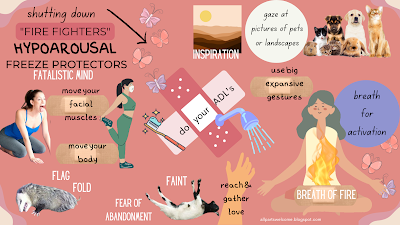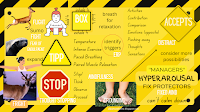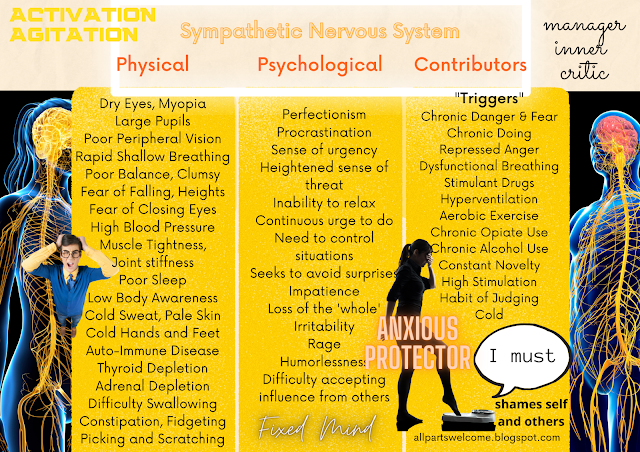“Dysautonomia” is the general term for disorders that disrupt your autonomic nervous system (ANS). It can describe several disorders, each with varying symptoms. Dysautonomia can range from mild to severe. Other less common names for dysautonomia are autonomic dysfunction or autonomic neuropathy. Your ANS is a subdivision of your nervous system. The term “autonomic” means ”self-governing,” and the ANS manages all of your body system processes you don’t think about. That includes your blood pressure, body temperature, breathing, digestion, heart rate, sweating and much more. If you have dysautonomia, one or more of these ANS processes aren’t working as they should. As your ANS does so many things for you, dysautonomia can cause a lot of different symptoms. These include, but aren’t limited to, chest pain, mood swings, fainting, fatigue and dizziness."
Secondary dysautonomias
There are conditions that can cause or contribute to dysautonomia. Some examples include (but aren’t limited to):
- Amyloidosis.
- Amyotrophic lateral sclerosis (ALS), often known as “Lou Gehrig’s disease.”
- Autoimmune autonomic ganglionopathy (AAG).
- Autonomic dysreflexia.
- Botulism.
- Brain tumors (including cancer).
- Chiari malformation.
- Complex regional pain syndrome (CRPS).
- COVID-19 infection (especially ”long COVID,” when you have symptoms for much longer than expected).
- Ehlers-Danlos syndrome (and other connective tissue disorders).
- Guillain-Barré syndrome.
- Lewy body dementia.
- Lupus.
- Lyme disease.
- Medications or medical procedures.
- Multiple sclerosis and neuromyelitis optica.
- Multiple system atrophy (MSA).
- Neuroleptic malignant syndrome.
- Orthostatic hypotension.
- Parkinson’s disease.
- Porphyria (especially acute intermittent porphyria).
- Postural orthostatic tachycardia syndrome (POTS).
- Primary focal hyperhidrosis.
- Pure autonomic failure.
- Rheumatoid arthritis.
- Sarcoidosis.
- Serotonin syndrome.
- Sjögren’s syndrome.
- Spinal cord injury.
- Toxins, poisons or heavy metals (like mercury, arsenic or organophosphates found in pesticides).
- Traumatic brain injury.
- Stiff person syndrome.
- Tetanus.
- Type 2 diabetes.
- Vasovagal syncope (less commonly known as “neurocardiogenic syncope”).
- Vitamin B12 deficiency.
- Wernicke-Korsakoff syndrome (or vitamin B1 deficiency).







